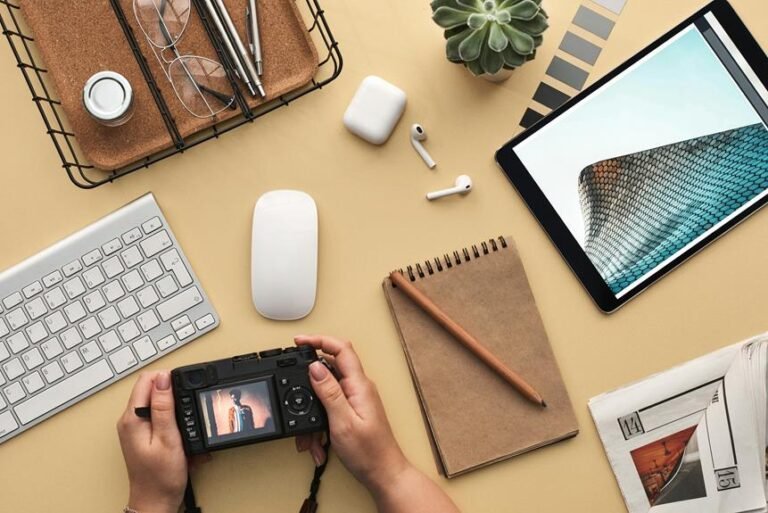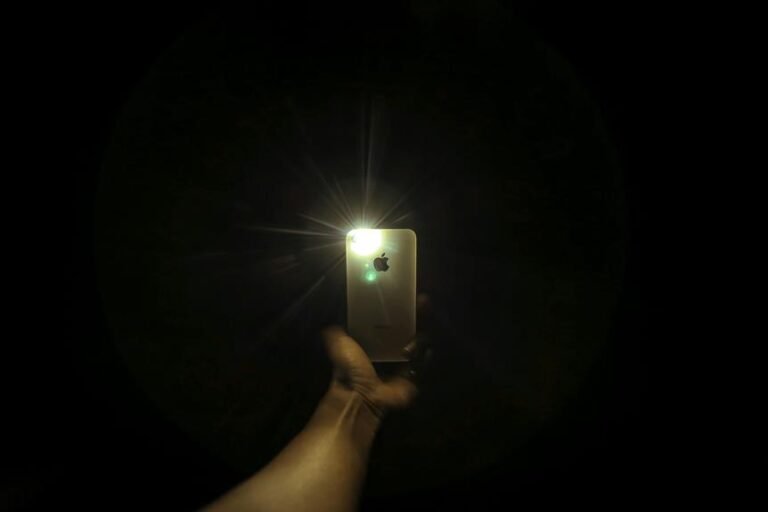Why Does My FaceTime Camera Keep Turning Off: Troubleshooting FaceTime Camera Issues
If your FaceTime camera keeps turning off, check for hardware issues like damage or loose connections. Clean the lens and test it on another device. Update your software and make sure it meets system requirements. Restart your device to address overheating and minor glitches. Grant camera permissions to the FaceTime app and clear cache to improve performance. Adjust camera settings for better quality and monitor background apps for conflicts. If problems persist, contact Apple Support for tailored solutions and guidance. Remember, troubleshooting FaceTime camera issues systematically can help resolve the issue.
A Quick Overview
- Check camera hardware for damage and secure connection.
- Update software for compatibility and bug fixes.
- Restart device to address overheating or glitches.
- Grant camera permissions to FaceTime app.
- Clear cache and data to resolve performance issues.
Hardware Check
When troubleshooting FaceTime camera issues, it's important to check the camera hardware thoroughly. Inspect the physical condition of the camera to ensure there's no damage, and make sure it's securely connected.
Keep the camera lens clean and free from obstructions. Check the cables for any signs of looseness or damage. To rule out hardware problems, test the camera on a different device.
Following these steps can help in identifying and resolving any FaceTime camera issues.
Software Updates
If you're facing persistent issues with your FaceTime camera despite ensuring the hardware is functioning properly, it's advisable to explore potential solutions through software updates.
Make sure your device meets the necessary system requirements for the latest FaceTime updates. To troubleshoot, it's recommended to regularly check for software updates within your device settings to ensure you have the most up-to-date version that supports FaceTime camera features.
Restart Your Device
If you're facing any difficulties with your FaceTime camera, try restarting your device. Overheating can sometimes lead to camera malfunctions. A quick restart can help lower the temperature of your device and might solve the issue.
Furthermore, if there's a hardware problem with the camera, restarting your device could reset the camera system and potentially resolve any minor glitches causing the problem.
Check for App Permissions
Make sure to grant camera permissions to the FaceTime app on your device to ensure a smooth video calling experience. Privacy settings can sometimes block app access to the camera. Check your device settings, locate FaceTime, and enable camera permissions.
It's essential to maintain good camera quality for better FaceTime sessions and to prevent any camera-related problems. By confirming permissions, you can improve your overall FaceTime experience.
Clear Cache and Data
To enhance the performance of your FaceTime camera, you can try the following steps:
- Clear Cache: Getting rid of temporary files can help resolve any camera-related issues.
- Delete App Data: Removing old or corrupted data may improve the camera's performance.
- Reset Camera Settings: Restoring default camera settings can eliminate any problems caused by data corruption.
Adjust Camera Settings
To optimize your camera performance and address any potential issues, make sure to adjust the camera settings accordingly.
Ensure proper lighting by adjusting the brightness and contrast settings as needed. Experiment with different angles to discover the most flattering one for your video calls.
Keep the lens clean to avoid any smudges or dirt that may affect the image quality. Check and adjust the resolution settings for a clear and sharp picture.
Monitor Background Apps
If your FaceTime camera is experiencing issues, consider the following factors that may be affecting its performance:
- App conflicts: Certain apps running in the background can interfere with your FaceTime camera's functionality.
- Lighting conditions: Poor lighting can cause your camera to behave unexpectedly.
- Overloaded memory: Too many apps running simultaneously might strain your device's resources, impacting the camera.
Contact Apple Support
If you encounter persistent FaceTime camera issues, seeking assistance from Apple Support can offer tailored solutions to effectively resolve the problem.
If your camera needs to be replaced, Apple Support will provide guidance on the process and inform you about any warranty coverage.
Their knowledgeable support ensures that any issues with the camera are dealt with promptly, allowing you to have a worry-free experience and enjoy uninterrupted FaceTime calls without technical interruptions.
Frequently Asked Questions
Can a Damaged Charger Affect My Facetime Camera?
Using a damaged charger can impact your FaceTime camera. It may cause issues with the camera connection. Make sure your charger is in good condition to prevent any interference with your camera's performance.
Do Third-Party Camera Apps Impact Facetime?
Using third-party camera apps can impact your FaceTime experience. They may conflict with camera settings or filters, causing instability. Stick to native FaceTime settings for best performance and reliability during video calls.
Is Facetime Camera Malfunction Related to Water Damage?
If your FaceTime camera is acting up and you suspect water damage, it's important to address this issue promptly. Water damage can lead to malfunctions, causing your camera to turn off unexpectedly. Consider seeking professional assistance for proper diagnosis and repair.
Will Using a VPN Affect My Facetime Camera?
Using a VPN can impact FaceTime performance as it may affect the network stability needed for video calls. Verify VPN compatibility with FaceTime for uninterrupted camera functionality. Adjust settings or disable VPN when facing camera issues.
Can Facetime Camera Issues Be Caused by Malware?
Malware detection is crucial for your FaceTime camera's security. Regular scans and security measures can prevent issues caused by malicious software. Be vigilant and protect your device to guarantee a safe video calling experience.







